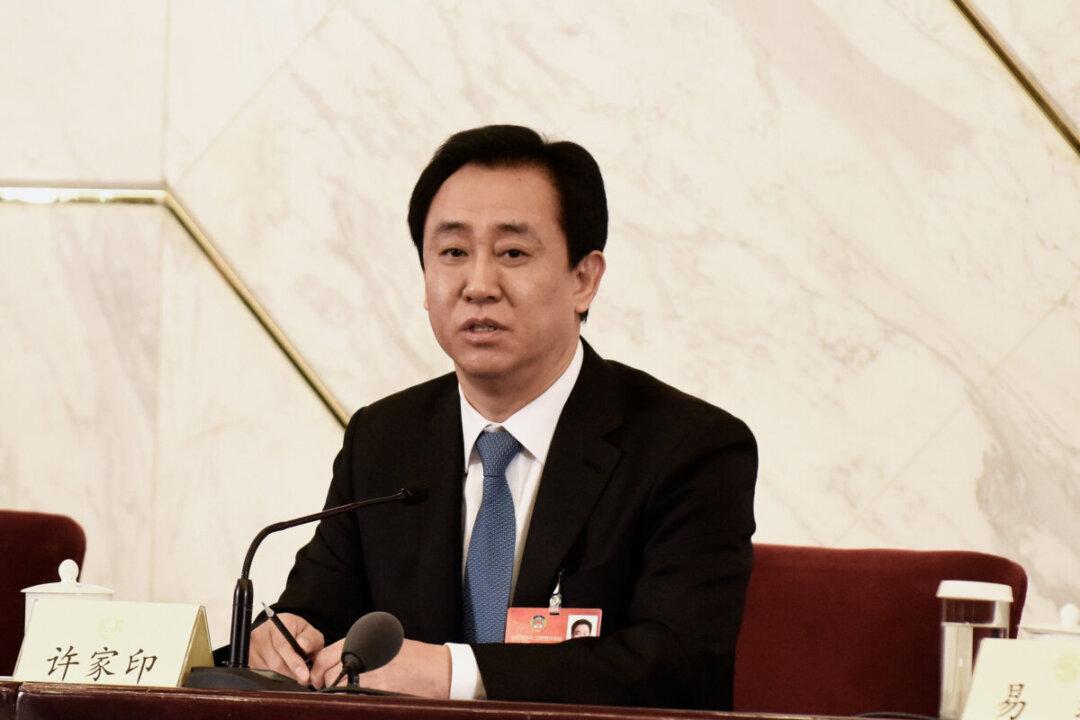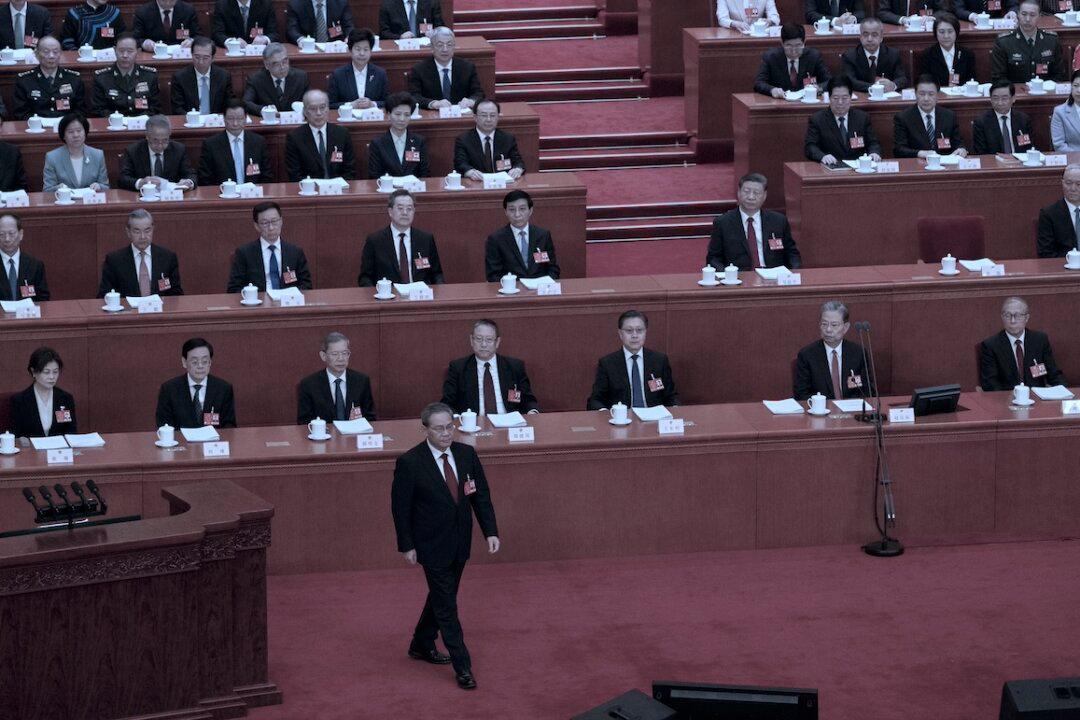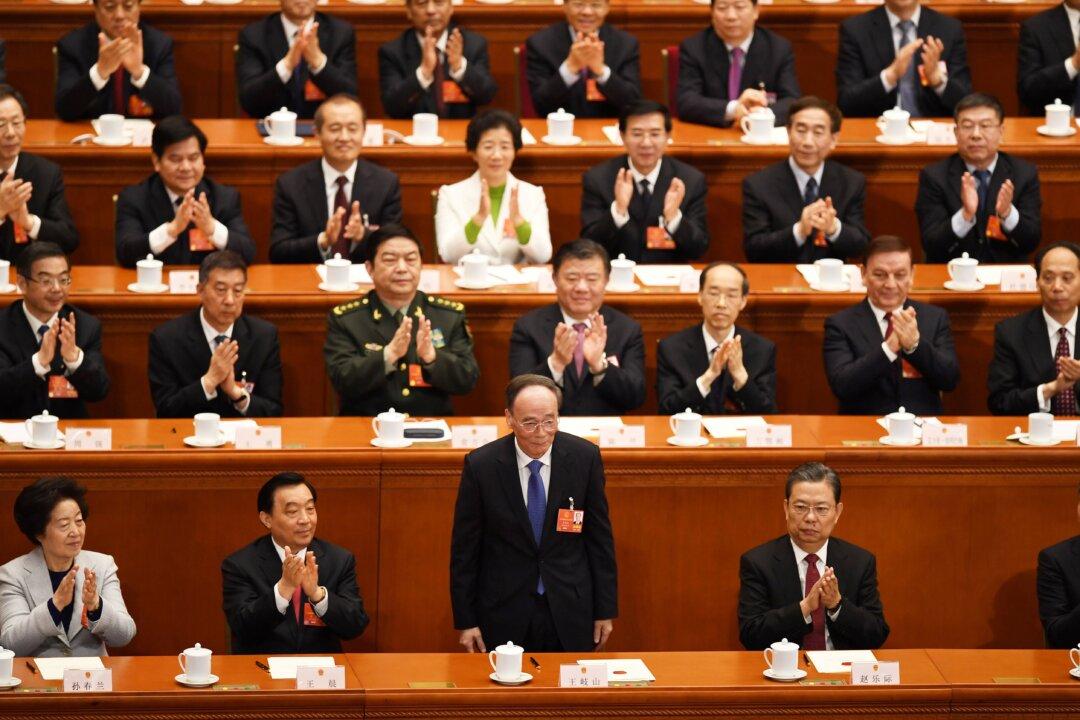Since Xu Jiayin’s arrest was reported late last week, Chinese media has been awash with news about the Evergrande founder’s spectacular fall from grace, as well as scandalous details of his formerly extravagant lifestyle. Denounced as a “public enemy,” the property tycoon is being made a scapegoat, analysts say, in an attempt to defuse or distract from growing tensions fueled by the crisis.
On Oct. 1, not long after Mr. Xu’s arrest was reported, an article circulated in Chinese media outlets, enumerating “Xu Jiayin’s three sins:” against the country, the real estate industry, and the people.




